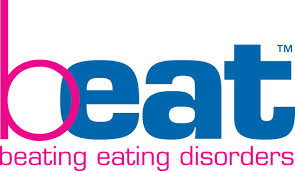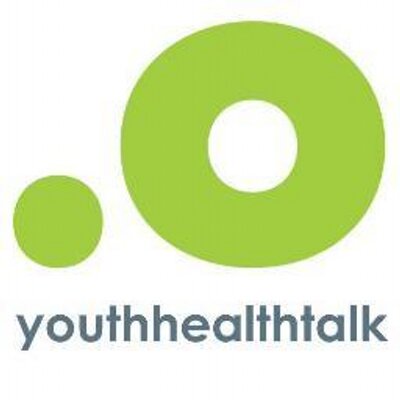What you need to know about "Eating disorders"
We hope what you see here helps. If you are feeling like running away or are away from home, we are here to listen.
Call or Text 116 000 or email 116000@www.runawayhelpline.org.uk. For free and in confidence.
For info about 1-2-1 chat times or to chat live, click the pink chat button below.
Eating disorders
An eating disorder is when someone becomes obsessively controlling over their eating habits. Eating disorders can cause various health problems like malnutrition, can interfere with your body’s development, can affect your menstrual cycle and in serious cases even cause death.
There are different types of eating disorders. The most commonly discussed are Anorexia Nervosa and Bulimia Nervosa. Anorexia is when you limit your food intake beyond the safe amount, and have a complex relationship with food, your body and the effect food has on your body. Bulimia can have aspects of limiting your food intake too, but include “bingeing” and “purging” as well – meaning that food is eaten in large amounts and then gotten rid of after by either vomiting or through misuse of laxative or diet pills.
Having an eating disorder can make the idea of eating or not being in control of what you put into your body very scary. This can be because of control issues associated with eating disorders – the deeper problem is quite often about something else in life that you feel out of control of, and so you excessively control your diet in order to make yourself feel more in control of your life in general.
If you feel like you might be struggling with an eating disorder, try reaching out for help from organisations that understand what you are going through. Your family and friends having support and information about eating disorders is helpful too so that they can know the right way to support you.
Videos about eating disorders
Childline
Biomation Productions C.I.C.
BeatingED
Are you thinking of running away because you have been affected by Eating disorders?
Get in touch with us
Share this article
Other content on this site that might be helpful
who else can help?
-
chat with us
1-2-1 chat -
free phone
116 000 -
text free
116 000 -
email
116000@runawayhelpline.org.uk



